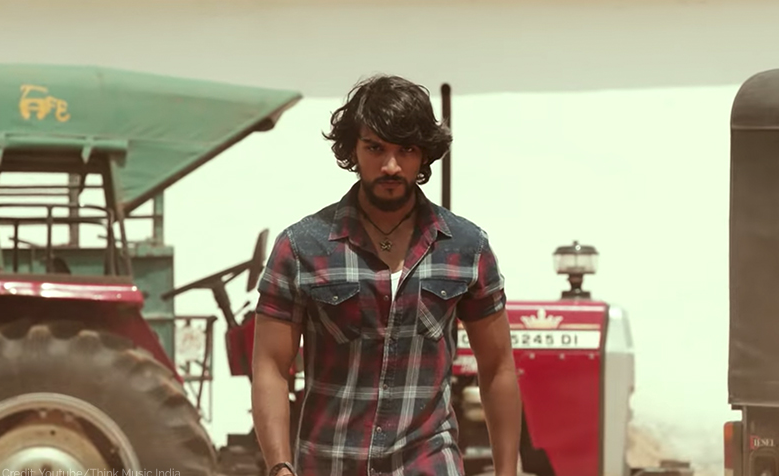
In poll season, another Tamil movie extols caste pride and 'women’s honour'

Caste pride has found prominence in the themes of Tamil movies for nearly three decades now. Before that, caste was discussed but the virtues or the hubris of one caste were typically not singled out. In poll season, yet another film, “Devarattam” has been released that not only portrays caste pride but goes as far as to echo fears of dalit domination common among some OBC groups. The film’s narratives are the staple of caste-based parties and leaders.
Kamal sparks a trend
Kamal Haasan changed the trend with his film, “Thevar Magan” that inspired Anil Kapoor’s Viraasat. Though the film was about the rupture in the relationship between two families, the backdrop was the thevar community – a numerically significant community that dominates life in many villages especially in southern Tamil Nadu. The AIADMK was openly advocating the interests of this community and the recent split in the party has brought to the fore the question of who the community will support.
The Thevar Magan song, “Potripaadadi ponney…” [Hail the earth that the thevar’s feet have stepped on] became the anthem of the community and was widely criticised by social activists and dalits. The song is a popular ringtone in southern Tamil Nadu and playing it has sparked conflict in southern Tamil Nadu.
Thevar Magan was followed by many films with caste-based themes: ‘Pasumpon’ (1995), ‘Paanchaalankurichi’ (1996), ‘Paruthi Veeran’ (2007), ‘Sundarapandian’ (2012), ‘Komban’ (2015) and ‘Kodi Veeran’ (2017)’. The recent film ‘Devarattam’ is a recent entrant to this list.
Evident symbolism
‘Devarattam’, released on May 1 and directed by M Muthaiah, talks about a young man trained as a lawyer who takes the law in his hands against what he perceives as evils. Among the things he wants to uphold are women’s dignity and honour.
The word, thevar, is not mentioned. But the symbols used are evident and unmistakable. The director’s past films, ‘Kuttipuli’ (2013), ‘Komban’, ‘Maruthu’ (2016) and ‘Kodiveeran’ have similar themes.
The film has Gautam Karthik in the lead. His father Karthik is a film star of the 1990s who now heads a thevar-based political party and supports the AIADMK alliance.
The film departs pointedly from another Tamil film ‘Pariyerum Perumal’ that talks of caste-based discrimination. In that a dalit youth studies law and maintains restraint and practises non-violence even when violence is unleashed on him. In Devarattam, the lead character takes to violence though trained as a lawyer.
Devarattam talks of youth wearing fancy T-shirts and sporting sun glasses attracting young upper caste women. This was the theme of PMK leader Ramadoss’ campaign in the past when a vanniar girl and a dalit boy fell in love and married. Ramadoss had spearheaded a campaign to separate the couple. The film freely uses Tamil terms for murder as revenge against those who dare to “touch” the women of upper caste.
The title of the film apparently refers to a folk art form but the subtext is that of the rise of thevars. Some members of the community that practises the art form have come out against the title, saying the art form should not be identified with any caste group.


